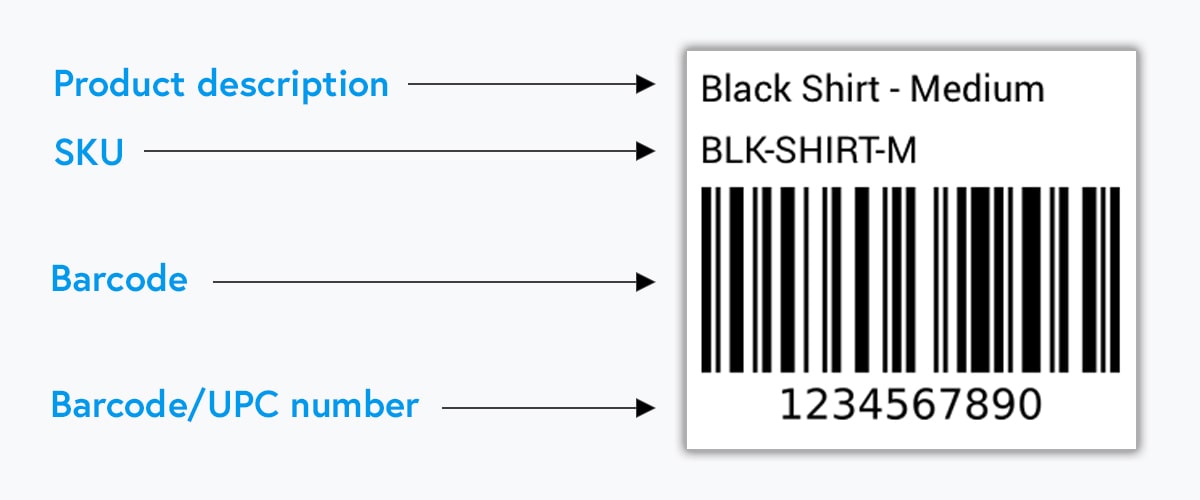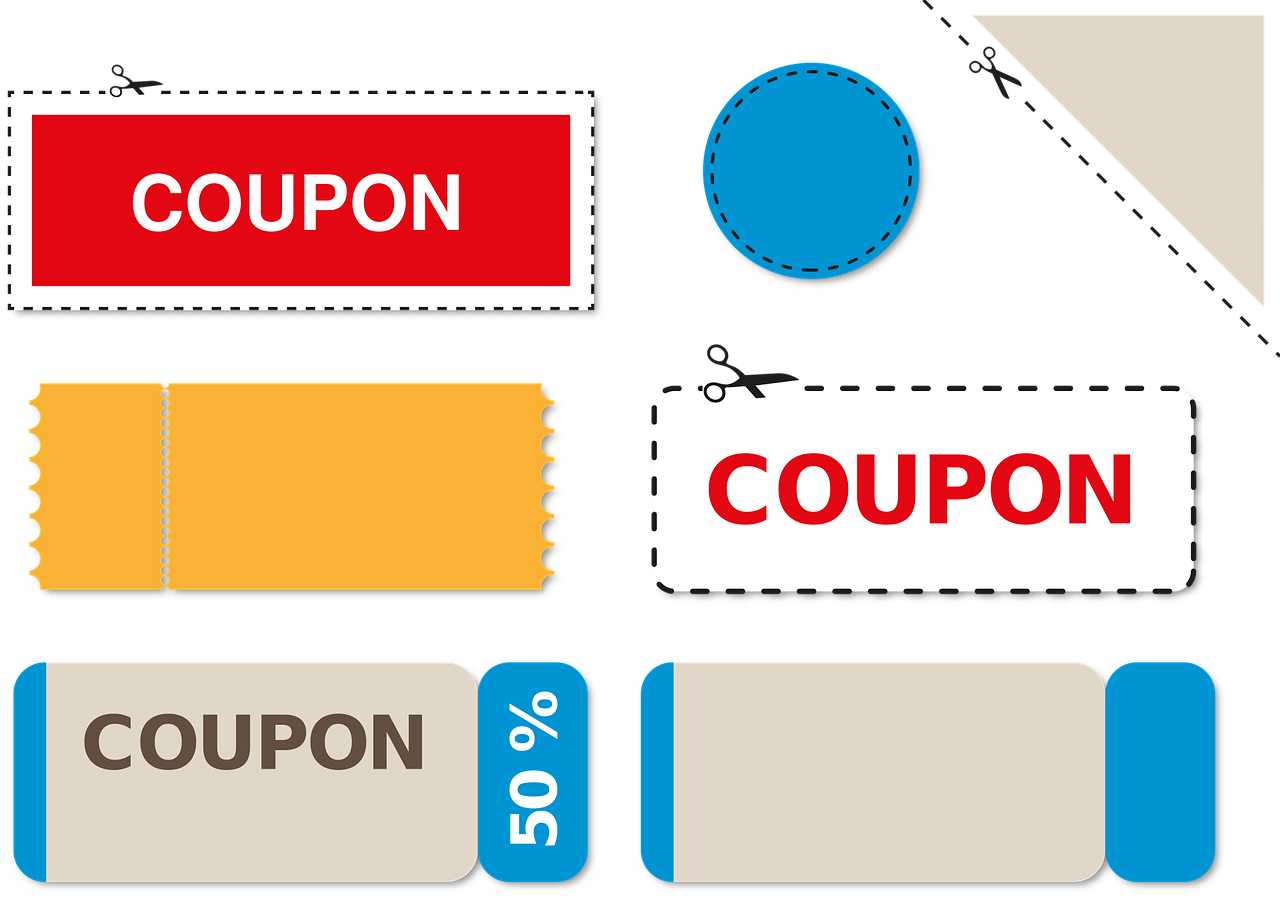SKU: Know How to Create an Effective SKU System
When you would like to know more about SKUs in e-commerce, then you have to understand SKUs. SKU is the stock-keeping unit; you can see this word in e-commerce. It is helpful for an e-commerce business in managing the stocks in your warehouse.
In this new modern age, e-commerce stores are becoming more and more online for buyers. Business entrepreneurs also need help managing e-commerce business operations. Holding up with the warehousing and stock administration needs can quickly become overwhelming as your enterprise grows.
The right internal systems can make this task easier, and you can use the SKUs for your e-commerce business. SKU can make it straightforward for e-commerce enterprises to control shipping directives, replenish dwindling stock, and evade mistakes and errors that lead to bad consumer knowledge. Therefore, if you are eager to understand a lot about the SKUs in e-commerce, look at this guide. This guide can provide you with information about the SKU in e-commerce.
What is SKU and why ecommerce needs it?
SKU is an alphanumeric code that distinguishes products from each other in an e-commerce system. It has some features such as brand, category, color, and size, and they are used to determine the individual attributes that make up each element of the SKU code. The data is in decreasing order of importance and is used to organize the inventory. They make it possible to identify unique products and track them throughout their journey in the e-commerce system. It can help you monitor the inventory levels and replenish items running out of stock.
SKU also makes it possible to organize your store layout or warehouse logically so that merchandise can be located in a faster manner. It also helps to move products faster and deliver better customer experiences. Using SKUs in e-commerce helps design and optimize SKUs is a vital part of multi-channel e-commerce operations. So, these are the things to understand about SKU and why it is required for e-commerce.
Importance of SKU and four types of SKU:
Every e-commerce business requires an SKU; making accurate order fulfillment by guiding shipping, ensuring the right product reaches the right customer, satisfaction, and reducing returns is vital. Then, with the SKs, you can accurately track stock levels, reorder efficiently, and avoid overstock or stock-out headaches. Then, SKU can speed up order processing by quickly identifying the products that have been ordered.
It is also useful in tracking and reporting about sales, stock turnover and product performance as they give you insights on your top-selling products and other consumer preferences. There are four types of SKUs such as basic SKUs, color and size SKUs, packaging SKUs, and seasonal SKUs. These are the types of SKUs that you need to know before choosing the SKUs for managing the commerce stores online. The types of the SKUs are explained to you below, and they are:
Basic SKUs:
The basic SKUs are the special name tags for each product that keep inventory neat, and when you click on the buy option, it can ensure you get exactly what you require.
Color and size SKUs:
If you like online shopping for clothes or shoes, color and size are vital factors. Colour and size SKUs are your trusty companions, and they can go beyond the basics, which helps the system understand different colors and sizes for the same product range.
Packaging SKUs:
Packaging SKUs track various ways to buy items single, bundled, or in bundles.
Seasonal SKUs:
It is the other type of SKU where seasons change and you can do shopping according to it. Seasonal SKUs are like excellent tags for outcomes famous at exact moments.
Benefits of SKU and how to create an effective SKU system:
If you run an e-commerce business, an SKU inventory management system can offer more benefits for you. Here are some benefits of using SKUs in e-commerce: it can improve inventory tracking, minimize errors and theft, communicate with vendors and third-party logistics providers, better customer experiences, and improve decision-making. Then, if you would like to know how to create an effective SKU system that works well for your business, you must read this passage.
Some of the necessary considerations are ensuring that the SKU codes are generated and can be easily understood and used by employees and vendors. First, you have to define a correct format for your business; second, use a logical order of attributes. Thirdly, be careful about the characters you include; and lastly, do not settle for using manufacturer numbers, etc.
Is a barcode an SKU in an e-commerce business?
When you think of the SKUs as barcodes, it is not always used for the same purposes. Barcodes on products at the store are meant only to identify the products of the same type regardless of where they are sold. SKUs in e-commerce will uniquely identify the seller or vendor, and UPC barcodes will typically feature only numbers who are SKUs are alphanumeric and can vary in length.
How to get the SKU for my product?
The SKU numbers appear on a product along with its UPC barcode because SKU numbers are intended for the producer along with its UPC barcode. The SKU numbers are designed for the producer to keep track of items; they are not universally standardized or company-specific. It means you can make up any SKU system that fits your product needs. You want to create a system that maintains a consistent logic starting with top-level identifiers followed by more unique product and vendor-specific codes.
Are there any reasons to have an SKU code on a product?
If you have the SKU code, it can allow you to track products and sales easily. It can help you with inventory and supply chain management. With an SKU, it is less likely wrong item will ship to customers, and it also assists in returns if needed.
Conclusion:
Therefore, after looking at this guide, you can understand everything regarding the SKU stock-keeping unit in an e-commerce business. It will be useful for you to gather more details about the SKU in e-commerce stores.









